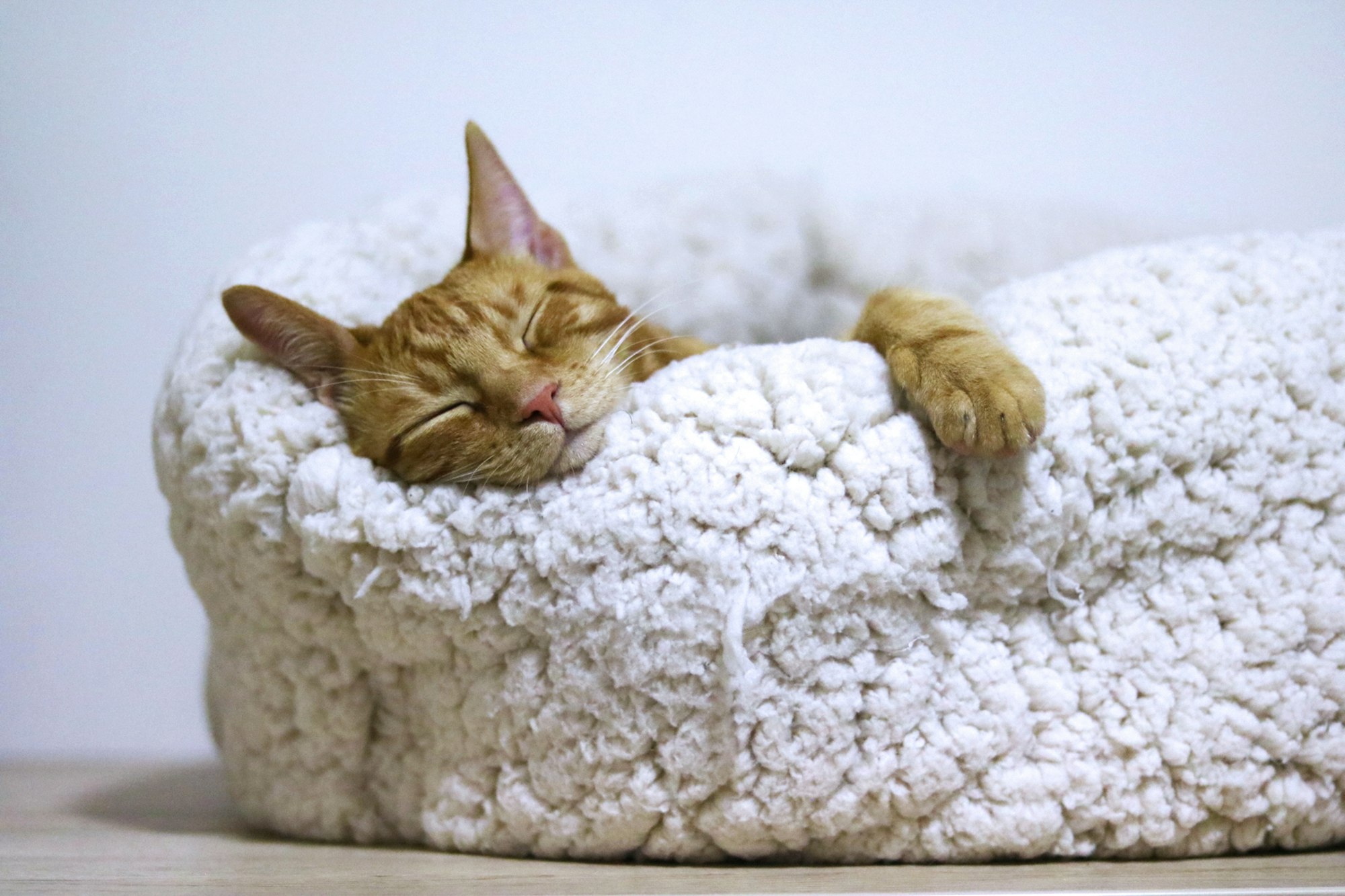Those of you who are good about your fitness habit will ensure you get enough and more activity. But how much attention do you pay to your recovery?
Those of you who do not have your fitness habit zeroed in, a huge reason could be that it is your body's way of telling you that it is not ready for more stress. Now, this is important, so let's discuss that a bit more before we talk about recovery strategies.
Too stressed to add a stressor
When you are unwell, you feel like staying in bed for longer. You want to push work away and instead vegetate on the couch, watch some mindless TV.
That's your body getting what it needs - minimal calorie expenditure and lots of rest. So that it can stay in parasympathetic mode and fight the infection.
But some of you don't listen to your body. Because you aren't sure about the difference between slacking off and needing to rest.

If you've tried to go to the gym but failed to convert it into a habit, this could be a factor. You might have way too many stressors in your life that whenever you add a new stressor, it is too much to handle. You feel too tired to go to the gym, you are too sore, or your motivation drops. In some way, your body is telling you to cut it out. And since you don't have the habit yet, it becomes too easy to say "Okay fine, I'll listen to you and not go to the gym."
But the issue is, in a week or so, once you are recovered, you find it impossible to get back on to the gym habit.
So, what do you do?
Focus on recovery!
A few recovery strategies
The idea behind these are:
- to reduce the stress felt by life, and not only from fitness activities.
- to balance the parasympathetic and sympathetic systems - rest and digest vs fight or flight.
- to reduce fatigue, both physical and mental.
Let's get to it.
- Sleep. Are you sleeping at least 7 hours every night? If not, that's the first step.
- Breathe. Diaphragmatic breathing i.e. using your diaphragm to breathe is how we are meant to breathe. The diaphragm is the muscle whose function it is to get our breathing going. But most of you use the supporting musculature to breathe. Spend 10 minutes sitting or lying down and breathing deep and slow into your belly.
- Stretch. You sit too much. You spend too much time at your desk. Your body gets weak and tight. The tension builds and is causing more tension in your muscles and mentality. By spending 15 minutes stretching, you get into a calm state, and relax your mind and body. Here's a 15-minute routine for you to start off with.
- Oiling the joints. Stretching helps the muscles but is only part of the puzzle. Greasing and oiling the creaky joints will help you feel better. It is a great way to start your day and/or end it. Here's a curated playlist for you.
- Get a massage. Releasing the tension, massaging out the adhesions that accumulate in the body can be done by various massaging techniques. For most of you, the act of lying down with nothing to do for an hour is a huge part of the release process. The actual massage is a huge bonus.
- Sauna/Steam. Sitting in a steam/sauna gets the body invigorated and coupling it with a cold shower will do wonders for your recovery. The heat helps in increasing blood flow, amongst other things. The contrast of the cold helps energise you.
- Chill. Do nothing. Do your favourite activity. Read a book. Watch TV. Bum around. Hang out with friends. Most of you get here out of exhaustion and when you are burnt out. Instead, do it before you get there.
Recharging your batteries will help you be more productive at work and at the gym. And of course, at home.
And hey, it could be the difference between you sticking to your gym habit for the long-term. Remember, activity is a MUST for good physical and mental well-being. There's no way around it. These strategies will help you feel good and kick off the malaise, and get you to falling in love with fitness.
